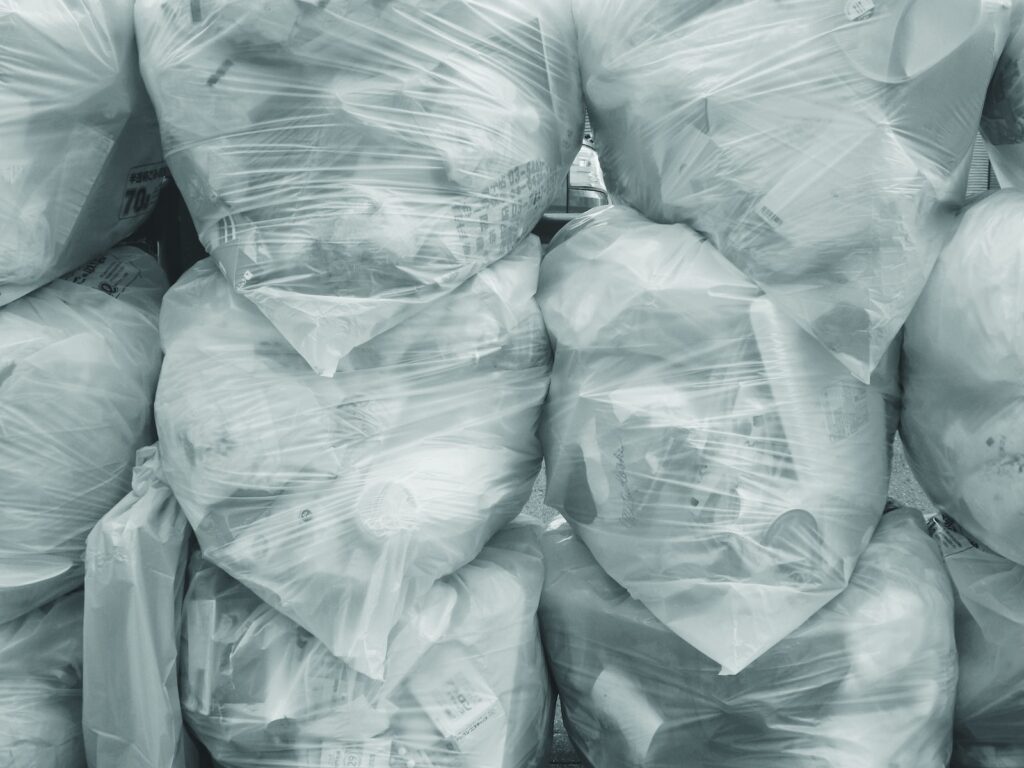37 million items of clothing dumped in Kenya each year
European countries are dumping 37 million items of clothing in Kenya each year which are too damaged to be reused, according to a new investigation.
Clean Up Kenya and Wildlight launched the probe for the Changing Markets Foundation and found that the situation is causing serious health and environmental issues for the country.
EU nations are thought to export 112 million items of clothing to Kenya each year, with one in three containing plastic, which the report says should be illegal.

Waste in Nairobi filmed by the team was piled as high as a four-story building, with the dump located to several primary schools and clothes spilling into a river. Clothes made out of plastic materials from H&M, Nike and Yves Saint Laurent were found in the area.
Betterman Simidi Musasia, founder and patron of Clean Up Kenya, said: ‘We went to the Ground Zero of the fast fashion world to unmask an ugly truth – that the trade of used clothing from Europe is, to a large and growing extent, a trade in hidden waste. This is known as waste colonialism and it is supposed to be illegal.
‘A large proportion of clothing donated to charity by well-meaning people ends up this way. Why? Because the backbone of the fast fashion industry is plastic, and plastic clothing is essentially junk. Countries like Kenya are fast fashion’s escape valve. Traders buy bundled clothing blind and understandably dump the growing percentage that turns out to be useless. In truth, our addiction to fast fashion is saddling poorer countries like Kenya with polluted soil, air and water.’
The quality of the cheap clothing is so poor it is immediately dumped or burned for cooking, to heat water of even fuel a power station, contributing to poor air, water and soil quality.
Recyling firms which are part of initiatives such as Fashion for Good were also found to be trading high volumes of ‘junk clothing’ exposing the ‘empty promises’ made by health, child protection and international development charities.
Kenya is not the only country suffering from an influx of clothing waste, as EU used clothing passed through a web of nations that sort the clothing, making it difficult to track.
The Changing Markets Foundation says the fashion industry must clampdown on poor quality clothing and stop trying to mislead the public with greenwashing claims. The EU is expected to introduce measures which will ensure brands pay for their waste and use sustainable materials this summer.
George Harding-Rolls, Campaign Manager, Changing Markets Foundation, said: ‘Unless the fashion industry is fundamentally changed, what we have seen in Kenya and around the world will be just the beginning. The solution is not to shut down the used clothing trade, but to reform it. We can’t recycle our way out of this problem. Instead, this hedonistic industry needs boundaries and rules. As such, we welcome the vision proposed by the EU. This should be comprehensive and include strict recycling and reuse targets, as well as plastic taxes to shift fashion towards more high quality, sustainable fabrics. Recycling companies can not be allowed to hide behind their empty promises and should be banned from exporting junk clothing.’
Photo by Possessed Photography















